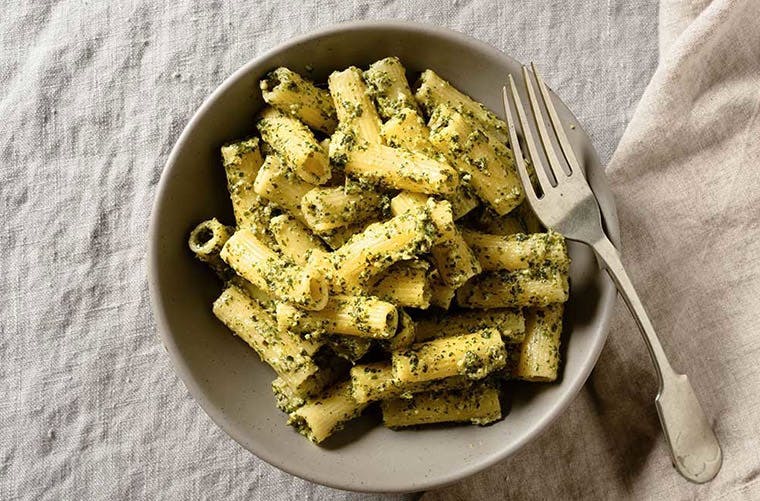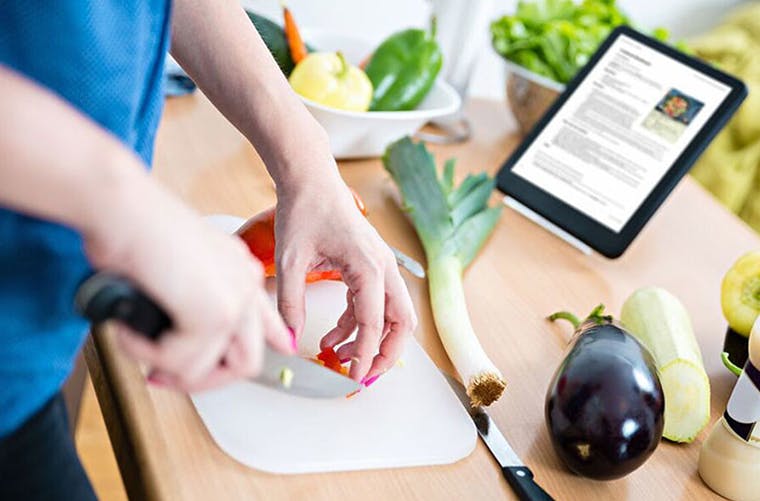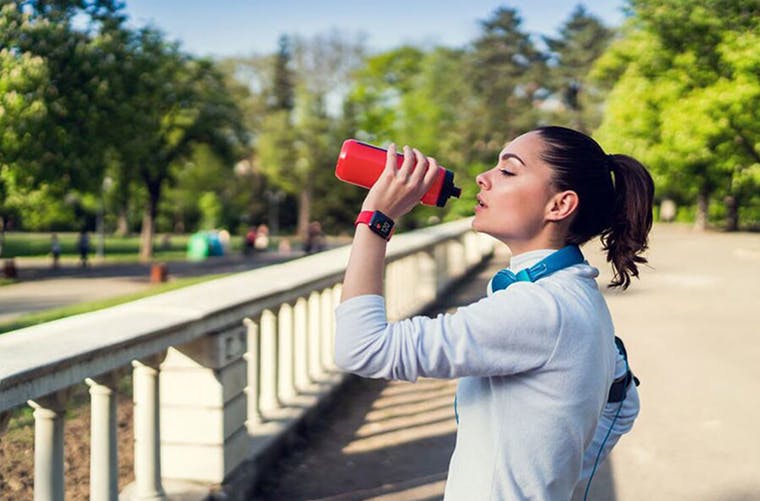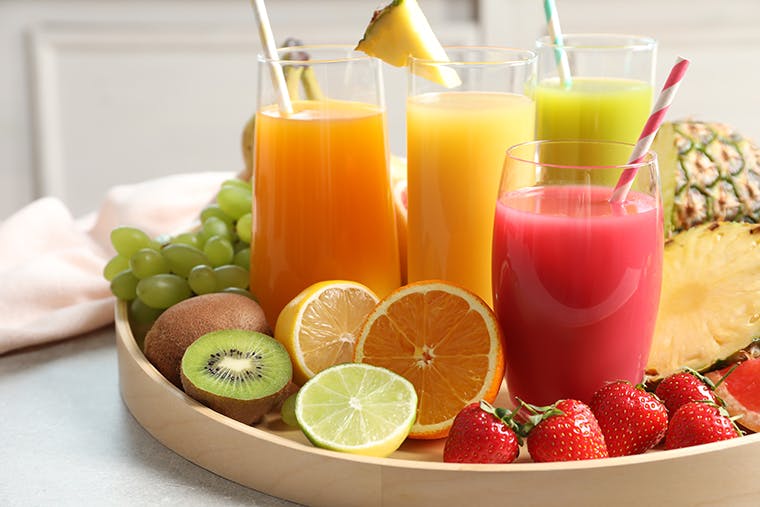RECYCLE TIP: THE ULTIMATE GUIDE TO DECODING THESE SYMBOLS
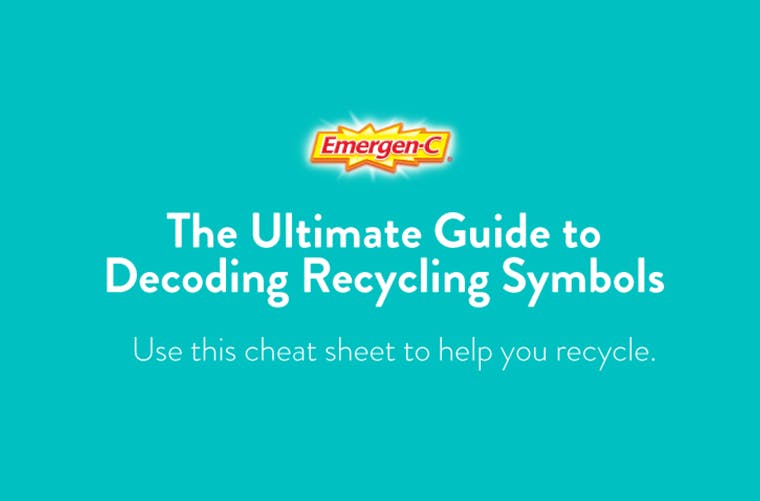
Recycling is one of those things that you probably do without sparing it too much thought: You drink a bottle of water, finish that magazine, or empty out a can of soup, and then toss the item into the recycling bin. But while separating out glass, metal, paper, and plastic from your food scraps and other garbage might feel like a no-brainer, you might want to start thinking twice about what you’re placing in your bin. That’s because a lot of things look like they can be recycled when they actually can’t.
To help you in your quest to recycle, manufacturers put codes on their plastic containers. You’ve probably seen them—they’re triangles with a number in the middle. There are seven different plastic codes—they are known as the Resin Identification Codes—and they depict what a plastic is made of. The idea is that a glance at the package can tell you what category the material falls under and whether you should toss it in the trash or the recycling bin. Here’s what those numbers mean and what common household items tend to be made from them:
Ultimately, which codes are recyclable for you depends on your local facility. Chances are, you can recycle anything with numbers 1 and 2 on it, but that might be it. The other numbers are harder to recycle (and you can almost never recycle number 7). To confirm what you can and cannot recycle, look on your local recycling program’s website.
It’s important to place only recyclable materials in your bin. Many people tend to operate under the philosophy of when in doubt, recycle. Not sure if that shampoo bottle should be included? Err on the side of inclusion and recycle it anyway! But if you put an item that can’t be recycled in your bin, it will need to be separated out at the facility and sent to a landfill—something that costs time and money. Transporting that item to a landfill also uses more energy than if you had just thrown it away to begin with.
To be clear, it’s good to recycle, and you should keep doing it. But by taking a little time now to check what can and can’t be recycled, you’ll help ensure the recycling system runs efficiently. So next time you’re about to drop that plastic straw, empty detergent container, or depleted olive oil bottle into the bin, check out the triangle and figure out once and for all if you can actually recycle it.
© Meredith Corporation. All rights reserved.







